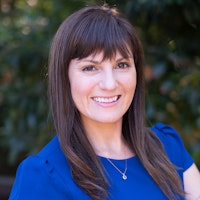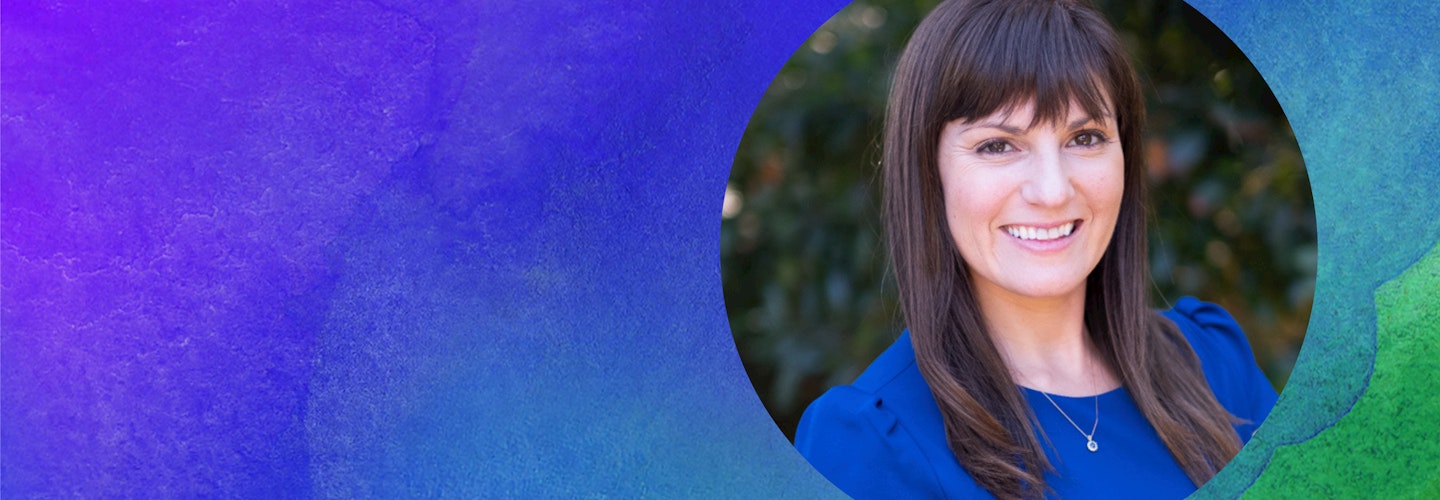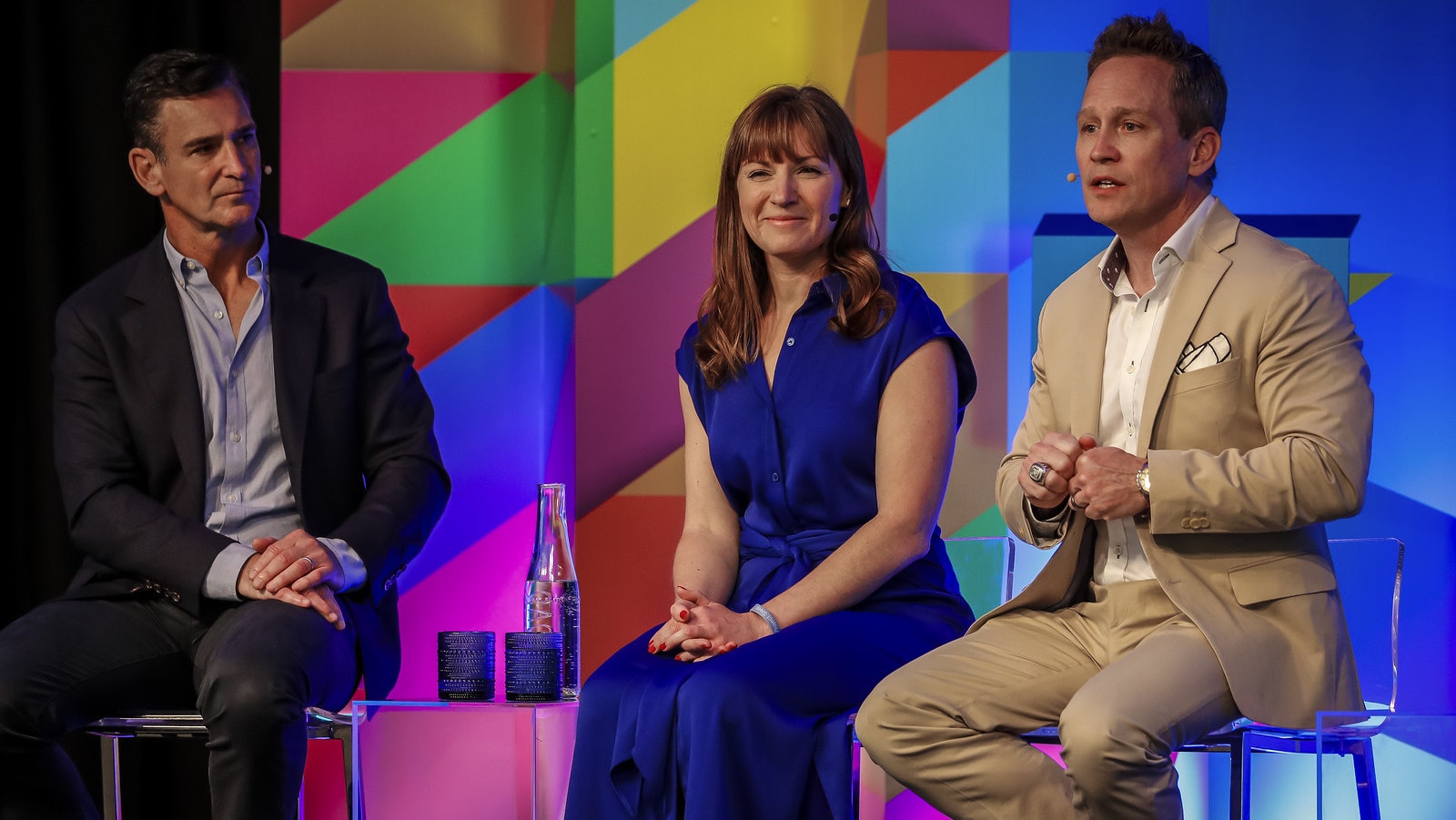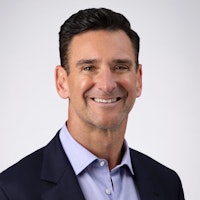

By Julie Flygare, President and CEO, Project Sleep
We live in a society where sleep is often seen as a blank space, a waste of time, a luxury, or worse, a sign of laziness. Bragging about how little sleep we get is a badge of honor, as if we are stronger than sleep.
Yet, the World Health Organization has proclaimed that sleep loss is an epidemic throughout industrialized nations. This matters because, in the short term, not getting enough sleep impacts our ability to learn, remember things, and make good decisions, among other things. Long-term consequences of sleep loss include links to obesity, diabetes, and Alzheimer's disease.
Today, I’m thrilled to share seven things you may not know about sleep and how we can better access sleep’s power to improve our waking lives.
1. Sleep Science is a Boomer
For thousands of years, sleep was a blank space, not well understood by scientists and philosophers alike. In antiquity, Plato described, “For no one who is asleep is worth anything.” More recently, Freud wrote, “I have little occasion to deal with the problem of sleep.”
It was only in 1953 that researchers at the University of Chicago first discovered sleep’s rapid eye movements (REMs) and proposed the connection to dreaming. This ground-breaking discovery proved for the first time that sleep involved active brain processes and two different forms of sleep (REM and non-REM).
As modern sleep research is a relatively new field, only 70 years old, it’s no wonder our cultural perceptions of sleep are a bit slow to catch up. Yet researchers have made huge strides in better understanding sleep since 1953.
2. Sleep is a Multitasking Ninja
Rest assured, your sleeping self is so productive that listing all the things you accomplish at night would be exhausting. Here’s just some of what your brain and body accomplish in the dark:
Sleep starts lightly, in stage 1, with our eyes closing and rolling back. Next, we transition into stage 2 with bursts of unique brain waves - believed to help our brains form memories and record new information. Switching into stage 3, our deepest sleep, our breathing and heart rate become very slow. This is when growth hormones secrete and likely when kids’ bones actually grow.
From here, we switch into REM/dream sleep, when those characteristic rapid eye movements begin and our brains become very active with thoughts and emotions believed to be the basis of our dreams. Dream sleep is likely critical for emotional processing, creativity, and problem solving – taking new memories and putting them in context from a wider point of view.
We go through this entire cycle 4-6 times over the course of each night.
In Why We Sleep, Dr. Matthew Walker describes the brain’s information processing activity, just one aspect of sleep:: when we are awake, we take in new information from the world around us. In sleep stages 2 and 3, we begin storing and strengthening this new information, and in REM sleep, we integrate the new information with past experiences and memories, building a more accurate model of how the world works.
3. Sleep Takes Out Brain Trash
In 2019, researchers at Boston University discovered that during stage 3 deep sleep, our brains’ neurotransmitters shut off in unison, which is something they cannot do during the day. When this happens, cerebral spinal fluid rushes in over our brains.
What is the fluid doing? It’s taking out our brain’s trash. See, our brains use about 20% of our body’s entire energy supply, leaving waste in the form of gobbled up proteins left behind. This process, called the “glymphatic system” is when our cerebral spinal fluid washes out those leftover proteins that, if not removed, build up over time into a plaque that is now believed to be associated with Alzheimer's Disease.
4. Sleep is not “Down Time”
In a culture where our “worth” is often tied to our “productivity,” it is no wonder that working harder often involves skimping on sleep. Recently, an energy drink’s advertisements are targeting me online, asking: “No time for down time? Grab an energy drink.”
The problem is, sleep is not actually “down time” and an energy drink cannot do what sleep does. They may claim to give you wings, but will they take out your brain trash? I don’t think so.
5. You Can Identify Your Sleep Chronotype
For those of you who would like to get more out of your sleep, Dr. Michael Breus is a leader in raising awareness about the fact that we have different sleep needs. Based on our chronotypes, or our personal clocks and rhythms, some of us are naturally more productive earlier in the day, while others are more productive in the evenings. Learning more about your own chronotype may help you better plan your sleep and align your best wakefulness with your priorities.
6. Sleep Equity is a Social Justice Issue
It is important to know that sleep loss goes beyond our personal control, with socioeconomic factors, school start times, the safety of one’s neighborhood, shift work, social pressures, racism, and discrimination all impacting our ability to sleep. Sleep researchers and advocates agree that sleep disparities are a direct contributor to overall health disparities, and an urgent public health issue. Sleep equity is a social justice issue and policy changes are needed at every level to enable more people to get the sleep they need and deserve.
7. Sleep Disorders are Real
An estimated 1 in 5 Americans has a chronic sleep disorder and I am one of those people.
As an ambitious law student at age 24, I was shocked to learn that I was living with a serious sleep condition called narcolepsy. My perceptions of narcolepsy had come from movies and it turns out, Hollywood got narcolepsy wrong. In real life, the signs of sleep disorders are often much more invisible and hard to detect.
To see if you could have a sleep disorder, ask two simple questions:
1) Do you have trouble sleeping throughout the night regularly?
2) Do you have trouble maintaining wakefulness during the day regularly?
If you answered yes to either of these questions, it’s important to consult an
AASM board certified sleep specialist to see if you could have a sleep-related condition. Learning if you have a sleep disorder is important because treatments are available and finding a community of people who understand can be life-changing.
My hope is that you see sleep not as a blank space to avoid, but as something to honor. As President & CEO of Project Sleep, I envision a world where pulling an “sleep-all-nighter” is the new badge of honor. I believe the rest of our lives may depend on the rest we get during our lives, so let’s rest wisely.
___________________________________________________
*The views and opinions of the author are their own and do not necessarily reflect those of the Aspen Institute.
To learn more about sleep and its vital connection to our health, watch Julie's Aspen Ideas: Health conversation with Chris Winter, Neurologist and Sleep Specialist, and Jeff Aronin, CEO of Paragon Biosciences.




